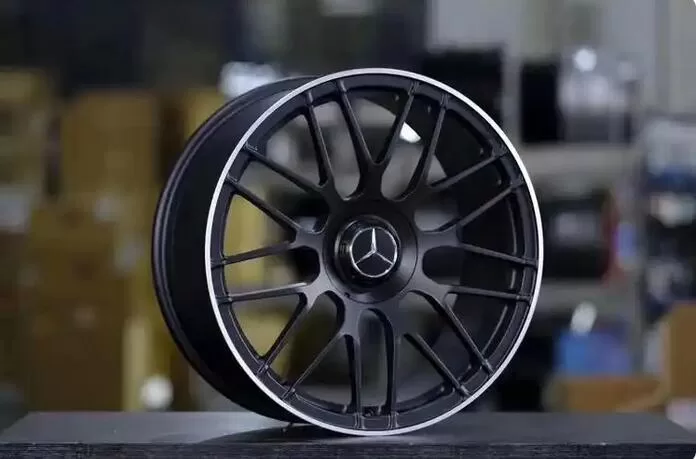Are forgation wheels light?
The Benefits and Characteristics of Forged Wheels
In the automotive world, the choice of wheels can significantly affect a vehicle’s performance, aesthetics, and overall driving experience. Among the various types of wheels available, forged wheels have gained popularity for their unique properties and advantages. One of the most frequently asked questions about forged wheels is whether they are lighter compared to other types, such as cast wheels. This article delves into the characteristics of forged wheels, their benefits, and the reasons behind their weight advantages.
Understanding Wheel Manufacturing
To comprehend why forged wheels are often lighter, it’s essential to understand the manufacturing processes involved. Wheels are primarily made through two methods: casting and forging.
Casting
Cast wheels are made by pouring molten metal into a mold. Once the metal cools and solidifies, the mold is removed, leaving behind a wheel. This process is generally less expensive and allows for the creation of intricate designs. However, the casting process can introduce air pockets and impurities, which can weaken the structure of the wheel and make it heavier.

How do you maintain forged wheels
Forging
In contrast, forged wheels are created by shaping a solid piece of metal through high-pressure compression. This process results in a denser, stronger material with fewer imperfections. The forging process usually involves heating the metal and then applying pressure to shape it into the desired form. The end result is a wheel that is not only lighter but also more durable.
Weight Comparison: Forged vs. Cast Wheels
When comparing forged wheels to cast wheels, weight is a crucial factor. On average, forged wheels can be 20-30% lighter than their cast counterparts. This weight reduction is primarily due to the forging process, which eliminates excess material while maintaining structural integrity.
Lighter wheels have several benefits, particularly in performance vehicles. Reducing unsprung weight—weight not supported by the vehicle’s suspension—improves handling and ride quality. Lighter wheels allow for quicker acceleration and more responsive steering, enhancing the overall driving experience.
Benefits of Lighter Forged Wheels
-
- Pinahusay na Pagganap: The reduction in weight allows for better handling and braking. Lighter wheels enhance the vehicle’s agility, making it easier to navigate corners and respond to driver inputs.
-
- Enhanced Fuel Efficiency: For everyday vehicles, lighter wheels can lead to improved fuel economy. Less weight means the engine doesn’t have to work as hard to move the vehicle, which can translate to better mileage.
-
- Increased Durability: Forged wheels are not only lighter but also stronger than cast wheels. Their resistance to bending and cracking makes them ideal for high-performance applications and rough driving conditions.
-
- Aesthetic Appeal: Forged wheels often come in a wider variety of designs and finishes compared to cast wheels. They can be customized to fit the aesthetic preferences of the vehicle owner, offering a blend of style and performance.
-
- Pagwawaldas ng init: Lighter wheels can dissipate heat more effectively, reducing the risk of brake fade during intense driving situations. This is particularly important for racing and performance applications.
Considerations When Choosing Forged Wheels
While forged wheels offer numerous benefits, there are a few considerations to keep in mind:
-
- Cost: Forged wheels tend to be more expensive than cast wheels. The manufacturing process is more labor-intensive, which increases the overall cost. However, many enthusiasts consider this investment worthwhile due to the performance advantages.
-
- Availability: Depending on the vehicle model, finding the right forged wheels can be challenging. Some brands may have limited options available, especially for specific car makes and models.
-
- Maintenance: Lighter wheels may require more careful maintenance to prevent damage from potholes or rough terrain. While they are strong, they can still be susceptible to cosmetic damage.
Konklusyon
In summary, forged wheels are indeed lighter than cast wheels, making them an attractive option for performance enthusiasts and everyday drivers alike. The benefits of reduced weight, improved handling, and enhanced durability contribute to a superior driving experience. While the initial investment may be higher, the long-term advantages often justify the cost.
When considering a wheel upgrade, it’s essential to weigh the benefits against the costs and evaluate individual driving needs. Ultimately, forged wheels stand out as a premier choice for those looking to enhance both the aesthetics and performance of their vehicles. As automotive technology continues to evolve, forged wheels will likely remain a popular option for drivers seeking the best in quality and performance.
